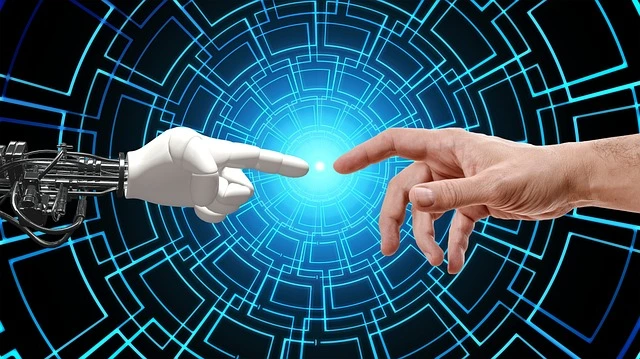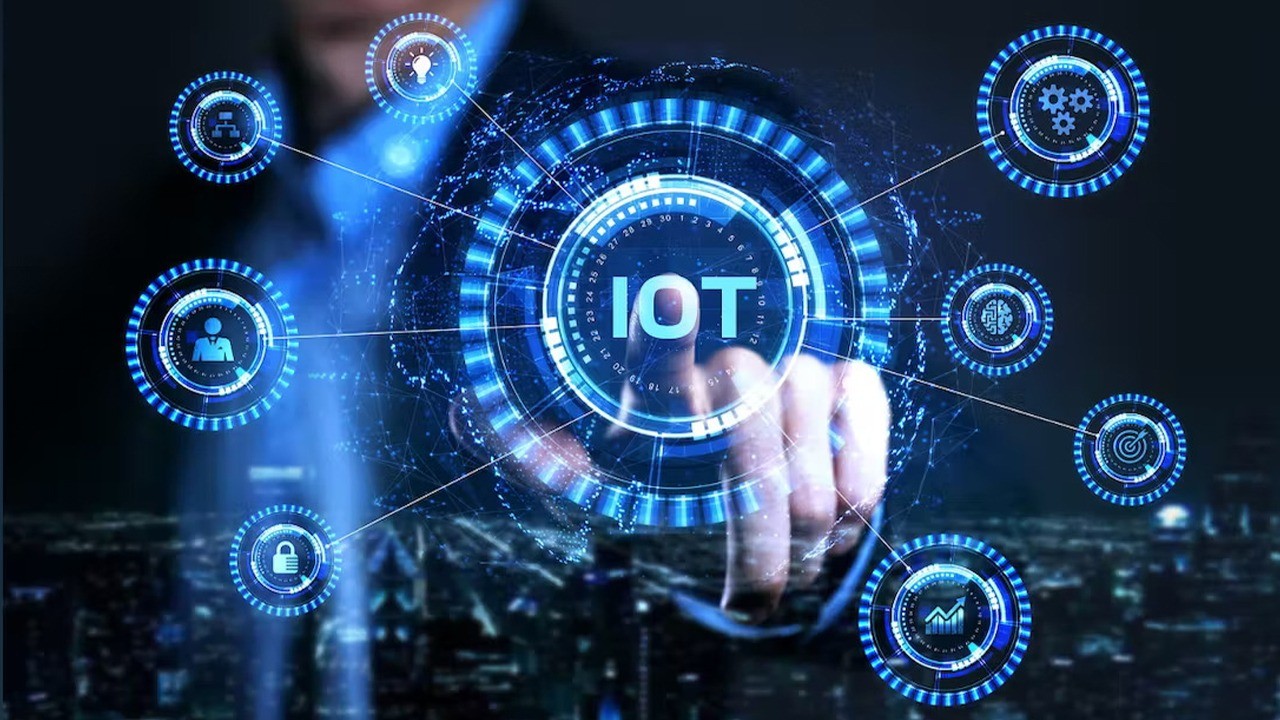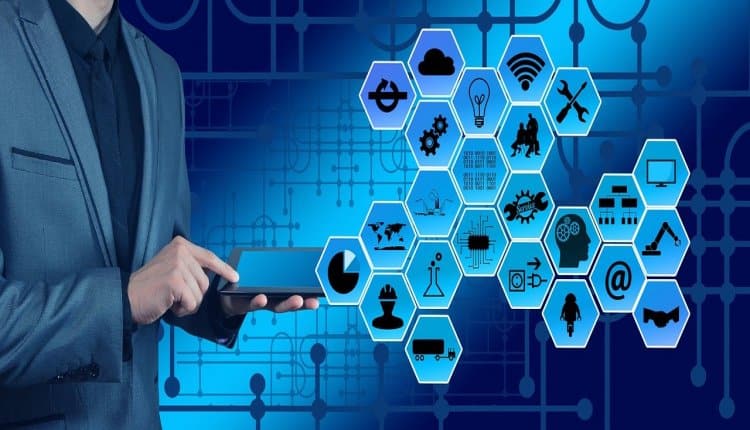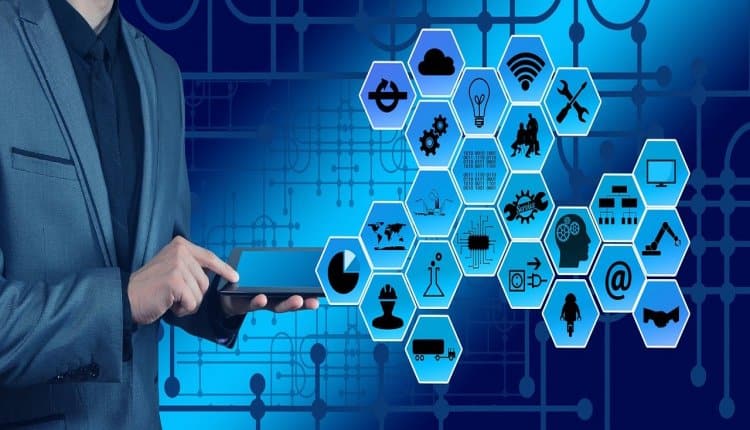Artificial Intelligence (AI) has rapidly evolved from a niche field into a core driver of technological advancement. Its impact spans across various industries, reshaping how businesses operate, how individuals interact with technology, and even how we approach problem-solving. AI plays a pivotal role in the evolution of technology, driving innovation, improving efficiency, and opening doors to new possibilities. In this article, we explore the significant role AI plays in the technological landscape.
1. AI as a Driver of Automation
AI technologies, such as machine learning and natural language processing, are key enablers of automation. From manufacturing to customer service, AI-driven automation is transforming business operations by performing repetitive tasks more efficiently, reducing human error, and freeing up human workers for more complex and creative tasks.
2. Advancements in Machine Learning
Machine learning (ML), a subset of AI, involves algorithms that allow systems to learn from data and improve over time. These advancements are being used in a wide range of applications, from personalized recommendations on streaming platforms to predictive analytics in healthcare and finance. As machine learning continues to evolve, it will unlock even more powerful insights and automation opportunities.
3. Enhancing Data Processing and Analysis
AI is playing a central role in improving data analysis by allowing systems to process and interpret massive datasets in a fraction of the time it would take humans. AI’s ability to detect patterns, identify trends, and make predictions is helping businesses optimize their strategies, improve decision-making, and drive innovation.
4. AI and Robotics
The integration of AI with robotics is changing the landscape of industries such as manufacturing, healthcare, and logistics. AI-powered robots are capable of performing complex tasks with precision and autonomy. In healthcare, for example, AI-driven robotic systems are assisting in surgeries, improving accuracy, and enhancing patient care.
5. AI in Healthcare Innovation
AI is revolutionizing the healthcare industry by enabling personalized treatments, improving diagnostics, and facilitating drug discovery. Machine learning models can analyze medical images, predict disease outcomes, and even suggest tailored treatment plans based on individual patient data, significantly improving healthcare delivery.
6. Natural Language Processing (NLP) and Communication
NLP, a branch of AI, enables machines to understand, interpret, and generate human language. This has led to innovations in chatbots, virtual assistants, and translation services, making it easier for humans to interact with machines. NLP is also playing a critical role in sentiment analysis and customer service automation.
7. AI and Cybersecurity
With the increasing sophistication of cyber threats, AI has become a crucial tool in cybersecurity. AI algorithms can detect patterns in network traffic, identify potential vulnerabilities, and even respond to threats in real-time, providing businesses with more robust protection against cyber-attacks.
8. AI and Predictive Analytics
AI-driven predictive analytics is transforming industries by enabling businesses to make data-driven forecasts. Whether it’s predicting customer behavior, forecasting market trends, or optimizing supply chains, AI’s predictive capabilities are making it possible for organizations to stay ahead of the curve and make more informed decisions.
9. AI in Autonomous Vehicles
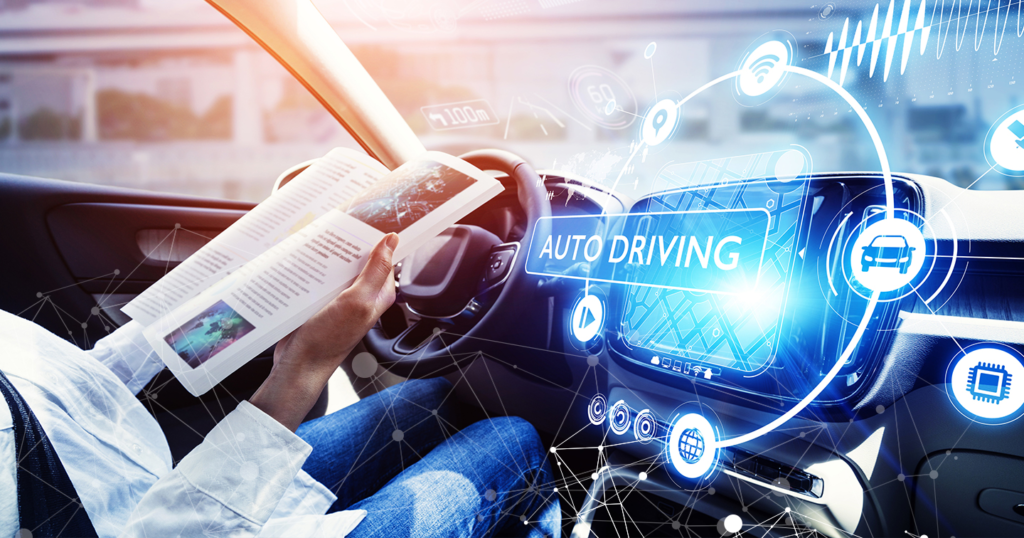
Self-driving cars are one of the most exciting applications of AI. By using AI to process data from sensors, cameras, and maps, autonomous vehicles are able to navigate roads, make decisions in real time, and improve safety. The continued development of AI will play a critical role in making autonomous transportation mainstream.
10. AI and Personalization
AI is at the heart of personalization technologies. From personalized shopping experiences to custom-tailored content recommendations, AI analyzes user behavior to deliver more relevant, engaging, and individualized experiences. As AI improves, the ability to offer hyper-personalized services will only expand.
11. AI and Ethical Considerations
As AI technology advances, there are increasing conversations about the ethical implications of its use. Issues such as bias in AI algorithms, privacy concerns, and the potential impact on jobs and employment are being closely examined. Ensuring that AI is developed and implemented responsibly will be critical to its future success.
12. AI and the Internet of Things (IoT)
AI and IoT are forming a powerful combination. AI is enabling IoT devices to make intelligent decisions without human intervention. In smart homes, for example, AI can analyze data from sensors and devices to optimize energy usage, security, and overall convenience.
13. AI-Powered Virtual Assistants
Virtual assistants like Siri, Alexa, and Google Assistant use AI to understand voice commands, perform tasks, and offer personalized services. These assistants are evolving and becoming more sophisticated, and as they do, they’re playing an increasingly important role in managing daily activities and providing seamless interactions with technology.
14. AI in Education
AI is transforming education by offering personalized learning experiences and providing real-time feedback to students. From intelligent tutoring systems to AI-powered content recommendations, education technology is becoming more adaptive and effective in meeting the needs of individual learners.
15. AI in the Evolution of Smart Cities
AI is a key component in the development of smart cities. By using AI to optimize energy consumption, traffic management, waste collection, and more, cities can become more sustainable, efficient, and livable for their residents. AI is helping to shape the future of urban planning and infrastructure.
Also Read :-http://How Can Technology Improve Efficiency in Modern Workplaces?
Conclusion
Artificial Intelligence is a driving force behind the rapid evolution of technology. From enhancing automation and data analysis to improving healthcare, transportation, and communication, AI is transforming industries and shaping the future of technology. As AI continues to advance, its potential to revolutionize the way we live and work is virtually limitless. The role of AI in the evolution of technology will continue to grow, and its applications will be central to future technological breakthroughs.

